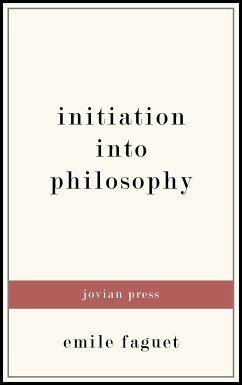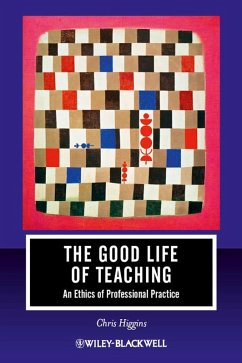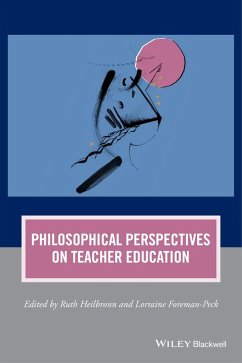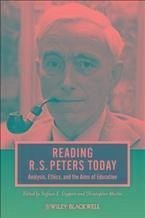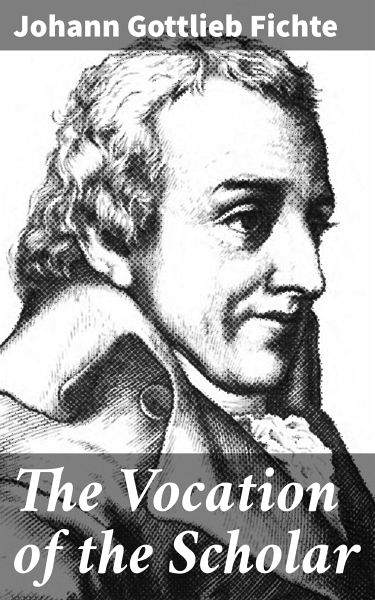
The Vocation of the Scholar (eBook, ePUB)
Enriched edition. Exploring the Moral Duty of Intellectuals in Society
Kommentar: Hardwick, Spencer / Redaktion: Good Press / Übersetzer: Smith, William

PAYBACK Punkte
0 °P sammeln!
In "The Vocation of the Scholar," Johann Gottlieb Fichte articulates a profound philosophical treatise that investigates the essential role of scholars in society. Written in 1806, during the height of the German Idealism movement, Fichte's work combines rigorous argumentation with a passionate plea for intellectual integrity and moral responsibility. He emphasizes the interdependence of scholarship and societal progression, asserting that scholars bear the obligation to elevate human thought and action through a commitment to truth and ethical excellence. The book is marked by Fichte's distin...
In "The Vocation of the Scholar," Johann Gottlieb Fichte articulates a profound philosophical treatise that investigates the essential role of scholars in society. Written in 1806, during the height of the German Idealism movement, Fichte's work combines rigorous argumentation with a passionate plea for intellectual integrity and moral responsibility. He emphasizes the interdependence of scholarship and societal progression, asserting that scholars bear the obligation to elevate human thought and action through a commitment to truth and ethical excellence. The book is marked by Fichte's distinctive style, blending metaphysical inquiry with practical considerations, reflecting the tumultuous political climate of his time, particularly the aftermath of the Napoleonic Wars. Fichte, a central figure in German philosophy, was profoundly influenced by the Enlightenment ideals of autonomy and rational thought. His background in theology and philosophy, combined with a deeply felt commitment to education and social reform, informed his views on the scholarly vocation. Fichte's experiences as a professor and his dedication to academic freedom likely motivated him to advocate for a more socially engaged and morally self-aware scholarly community. This book is essential reading for anyone interested in philosophy, education, or the responsibilities of intellectuals in society. Fichte's insights are not only historically significant but remain remarkably relevant today, as they challenge contemporary scholars to reflect on their purpose and impact in an ever-evolving world. By engaging with Fichte's thought, readers are invited to contemplate their own vocations amidst the complexities of modern existence. In this enriched edition, we have carefully created added value for your reading experience: - A succinct Introduction situates the work's timeless appeal and themes. - The Synopsis outlines the central plot, highlighting key developments without spoiling critical twists. - A detailed Historical Context immerses you in the era's events and influences that shaped the writing. - An Author Biography reveals milestones in the author's life, illuminating the personal insights behind the text. - A thorough Analysis dissects symbols, motifs, and character arcs to unearth underlying meanings. - Reflection questions prompt you to engage personally with the work's messages, connecting them to modern life. - Hand-picked Memorable Quotes shine a spotlight on moments of literary brilliance. - Interactive footnotes clarify unusual references, historical allusions, and archaic phrases for an effortless, more informed read.
Dieser Download kann aus rechtlichen Gründen nur mit Rechnungsadresse in A, B, BG, CY, CZ, D, DK, EW, E, FIN, F, GR, H, IRL, I, LT, L, LR, M, NL, PL, P, R, S, SLO, SK ausgeliefert werden.




